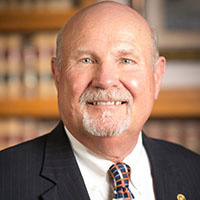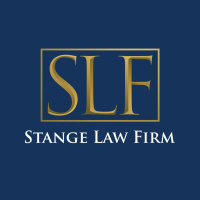Calumet Misdemeanor Lawyer, Oklahoma
Sponsored Law Firm
-
 x
x

Click For More Info:
-
Pritchett Law Group
126 West Needles Avenue Bixby, OK 74008» view mapEstate Law A Focus On Results
Don't wait! Contact us for a free phone consultation. Let us help you figure out what your next best steps are
918-509-3891
Not enough matches for Calumet Misdemeanor lawyer.
Below are all Calumet Criminal lawyers.
Fletcher D Handley
✓ VERIFIEDFletcher Dal Handley, Jr., is a civil justice attorney with The Handley Law Center in Oklahoma. His practice is focused on Personal Injury Law, repres... (more)
Stange Law Firm, PC
✓ VERIFIEDGoing through a divorce or family law matter can be an emotional time. You may feel betrayed, lost or overwhelmed. Having an attorney that can relate ... (more)
Randy Bumgarner
✓ VERIFIED
FREE CONSULTATION
CONTACTFREE CONSULTATION
CONTACTFREE CONSULTATION
CONTACTJ. Christopher Daniels
Scott D. Harris
FREE CONSULTATION
CONTACTFREE CONSULTATION
CONTACTFREE CONSULTATION
CONTACT Monty Pritchett Bixby, OK
Monty Pritchett Bixby, OK AboutPritchett Law Group
AboutPritchett Law Group



